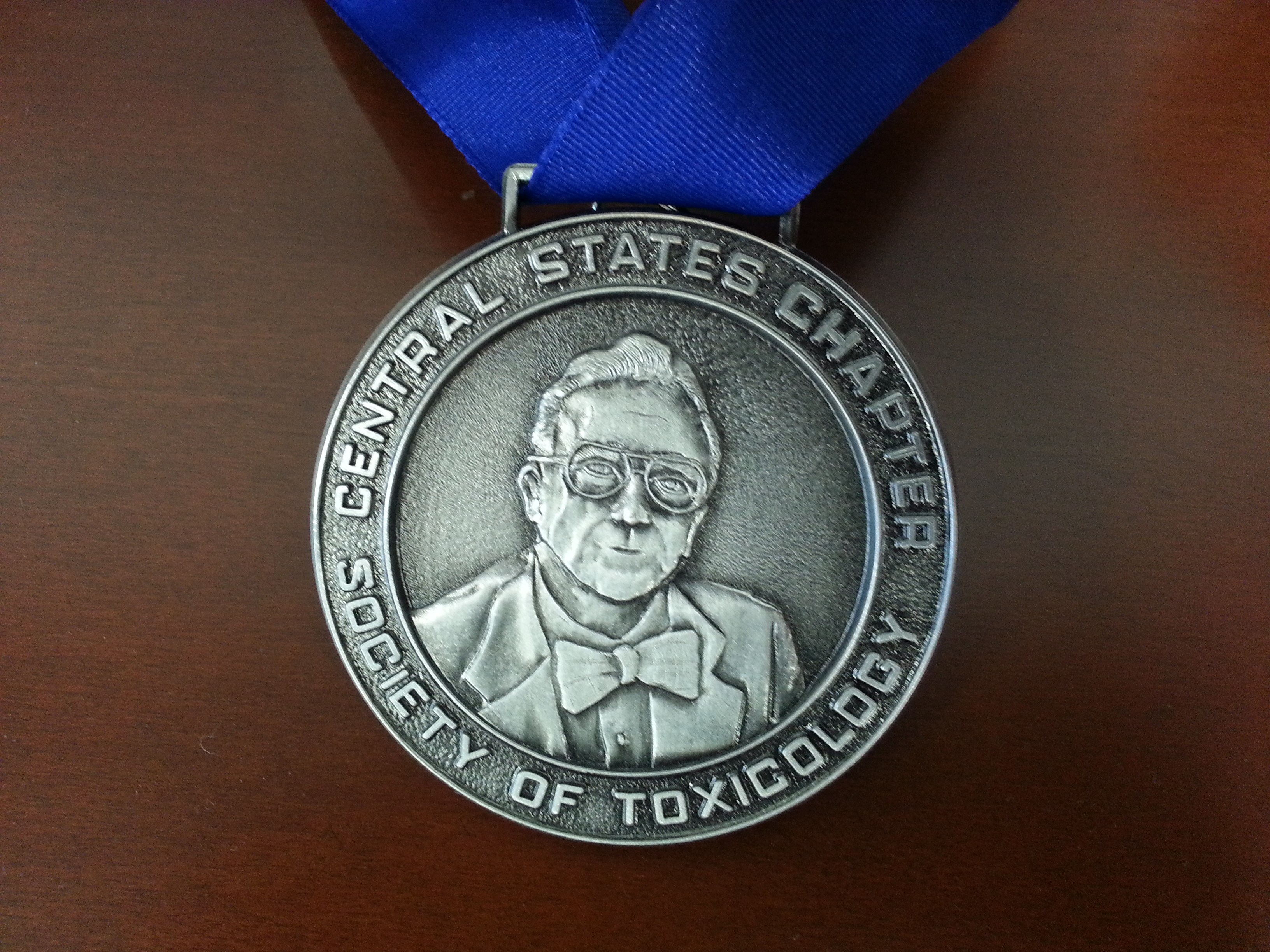Food Animal Residue Avoidance Program
FARAD is a university-based national program that serves as the primary source for scientifically-based recommendations regarding safe withdrawal intervals of drugs and chemicals in food-producing animals. As such, FARAD is a key resource for protection of our nation's food supply, including meat, milk and eggs, against accidental contamination of animal-derived foods with violative residues of drugs, pesticides or other agents that could compromise food safety.
Modern animal agriculture relies heavily on the use of therapeutic drugs, pesticides and other agents that improve overall animal health and promote safe, efficient and humane production practices. Through the assimilation of a comprehensive drug database and the use of state-of-the-art pharmacokinetic modeling, FARAD scientists determine appropriate withdrawal periods for a wide array of chemical entities and provide this information to veterinarians, extension specialists and livestock producers through a toll-free call center as well as a publically-accessible web site (FARMWeb). In addition, FARAD provides rapid response assistance regarding extra-label use of drugs in animal agriculture, and during food contamination emergencies which might arise from accidental exposure to environmental toxins, particularly pesticides, or intentional efforts to contaminate the food supply. Finally, FARAD provides assistance in trade matters related to foreign drug approvals and trains future veterinarians in the principles of residue avoidance.
FARAD is a USDA-funded university-based consortium that is overseen and operated by faculty and staff within the Colleges of Veterinary Medicine at the University of California-Davis, the University of Florida, Kansas State University and North Carolina State University.






